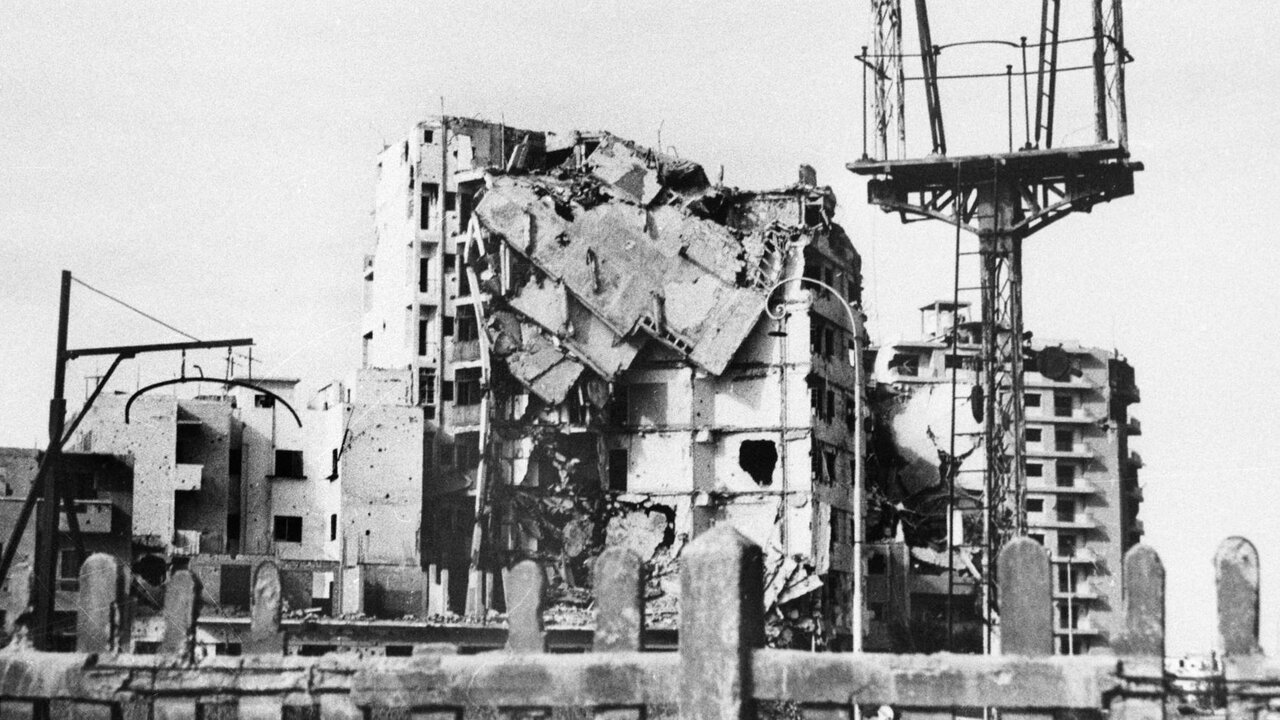
Similar Posts
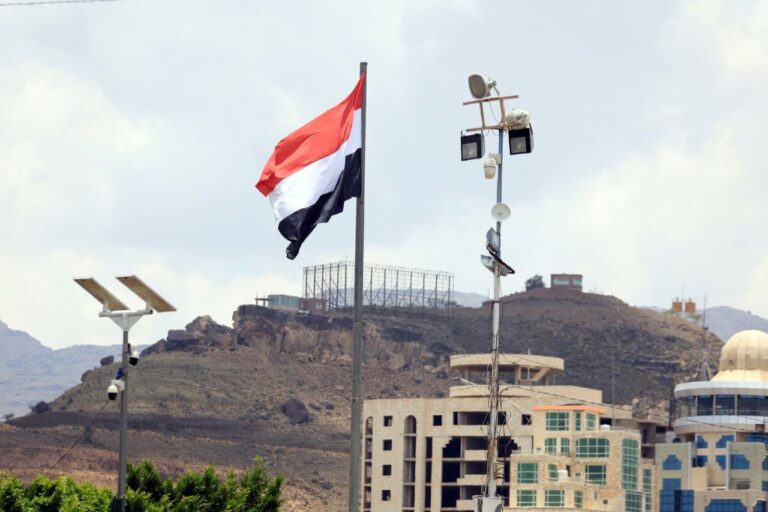
Yemen Issues Stark Warning to Israelis: Brace for Severe Consequences!
A recent Israeli-American air assault on Yemen’s Hodeidah port city has heightened tensions, resulting in civilian casualties and destruction, including a hit on the Bajil Cement Factory. Reports indicate around 20 warplanes participated, causing three civilian deaths and numerous injuries. The Yemeni government condemned the strikes and announced a ban on air navigation to Israeli airports, urging global airlines to comply for safety. Yemeni officials warned of severe retaliation against Israel, asserting their resolve to support Palestine. The situation remains volatile, with both sides preparing for potential escalatory actions amidst ongoing conflict in the region.
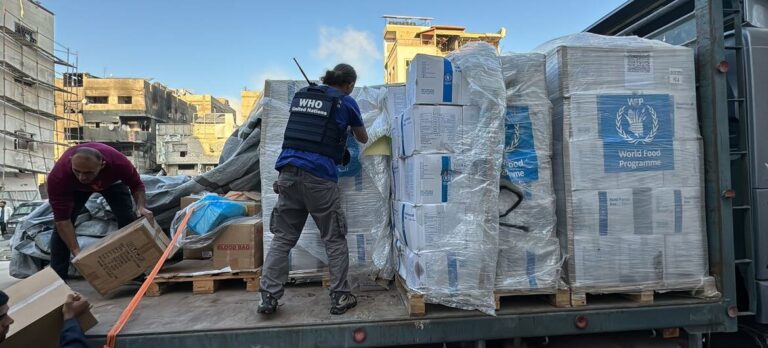
Flour Prices Skyrocket 100% as Israel Halts Aid to Gaza: A Crisis Unfolds
Israel’s recent blockade of aid to the Gaza Strip has sparked a severe humanitarian crisis, exacerbated by Hamas’s rejection of a ceasefire extension proposal. The UN reported a staggering 100-fold increase in prices for essential goods like flour and vegetables due to the closure of key crossings, hindering the delivery of vital supplies such as tents. While a ceasefire mediated by Egypt, Qatar, and the U.S. previously allowed for some humanitarian aid distribution, the situation has deteriorated, raising concerns about long-term stability. The international community is urged to respond urgently to alleviate the suffering of civilians in Gaza.
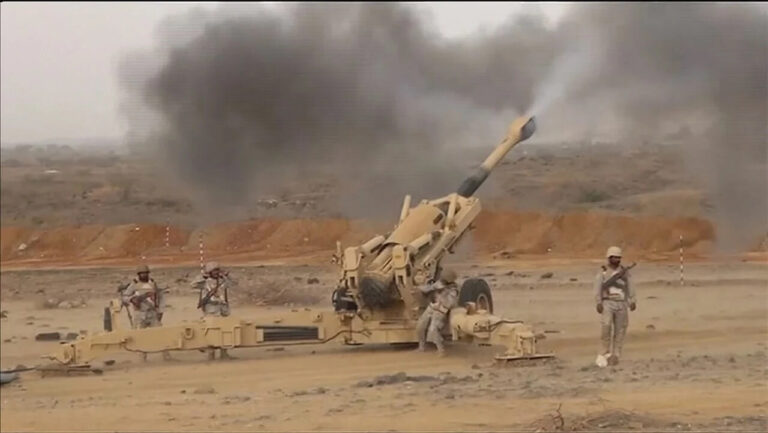
Saudi Arabia Strikes Yemen Border Areas Following Intense US Airstrikes: Escalating Tensions in the Region
The ongoing conflict in Yemen escalated recently, with Saudi missile and artillery strikes on the Ansarullah stronghold in Saada, followed by over 25 U.S. airstrikes across various governorates. Although no civilian casualties were reported from the Saudi attacks, U.S. military involvement aims to hinder Yemeni Armed Forces’ support for Palestinians. UAE-backed militias are planning a ground offensive for Hodeidah, with U.S. contractors advising them. Ansarullah has retaliated with drone and missile attacks on Saudi cities. The situation remains dire, highlighting the urgent need for a diplomatic resolution to alleviate the humanitarian crisis in Yemen.
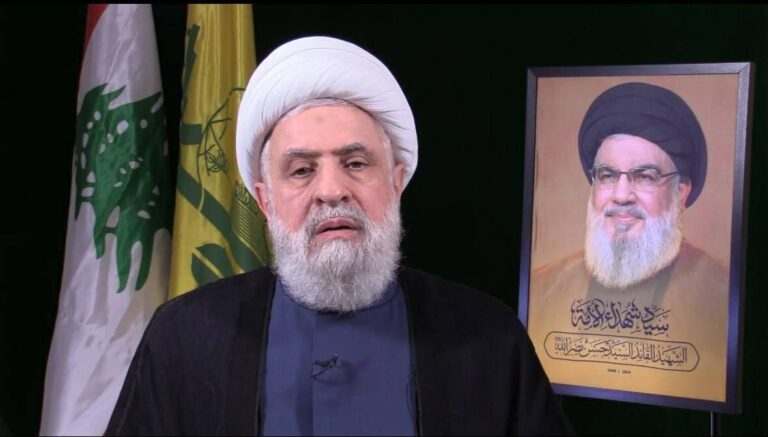
Hezbollah Rejects Ceasefire Extension: Stance Grows Firmer Amid Rising Tensions
In a recent televised address, Hezbollah Secretary General Sheikh Naim Qassem praised the Palestinian resistance for their victory against Israeli forces, emphasizing their resilience. He stated that Israel failed to achieve its objectives in Gaza, attributing this to U.S. support for Israel. Qassem highlighted the success of the Al-Aqsa Flood Operation and expressed gratitude to Iran for backing Palestinian efforts. He noted the challenges faced by Israeli ground forces and condemned their repeated ceasefire violations. Qassem affirmed the necessity of resistance in Lebanon, demanded Israeli withdrawal from occupied areas, and held the UN, U.S., and France responsible for any delays.
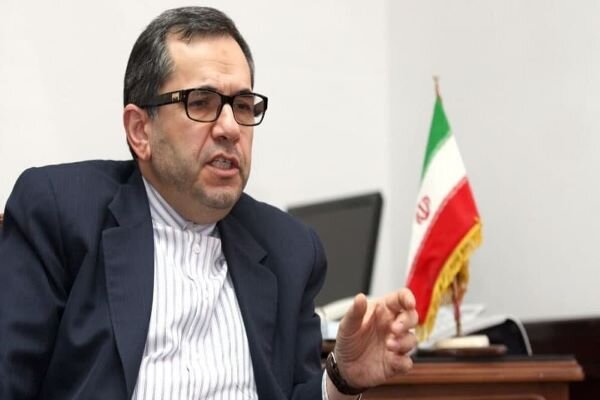
Leader Proclaims Nuclear Weapons Off-Limits: A Bold Religious Declaration
Iranian diplomat Takht Ravanchi emphasized the country’s unwavering commitment to its diplomatic strategy in a recent interview, warning the U.S. and Israel against miscalculating their approach to Iran. He reiterated Iran’s adherence to the framework set by the Leader of the Islamic Revolution, particularly regarding the prohibition of nuclear weapons based on religious beliefs. Ravanchi also addressed Iran’s intention to support Syria’s sovereignty, strengthen ties with Iraq, and explore opportunities for improved relations with Saudi Arabia. His comments reflect Iran’s focus on regional stability, diplomatic engagement, and respect for the sovereignty of neighboring nations.
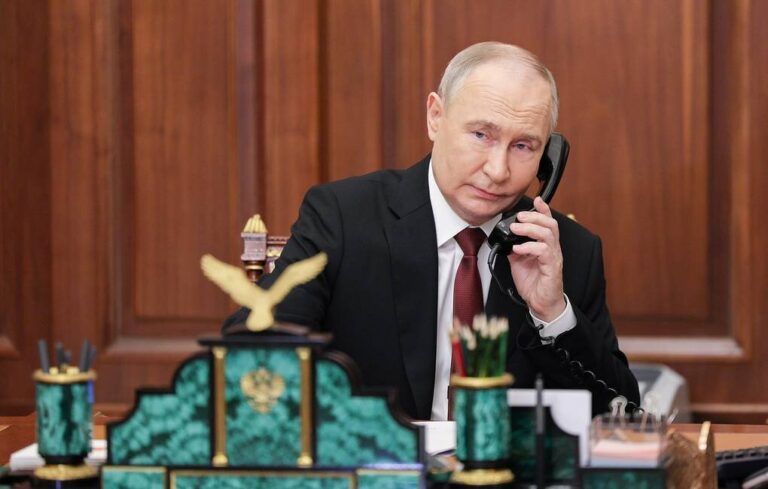
Putin Stresses the Crucial Need for Syria’s Sovereignty and Integrity
In a recent phone conversation, Russian President Vladimir Putin and Turkish President Recep Tayyip Erdogan emphasized the importance of Syria’s sovereignty and unity for regional stability and the protection of its diverse ethnic and confessional groups. They discussed the need for maintaining Syria’s territorial integrity and the necessity of dialogue among various factions to achieve lasting peace. The leaders also explored potential cooperation in joint military operations, humanitarian aid, and economic collaboration. Their discussions reflect a commitment to fostering peace in Syria, with the international community closely monitoring developments that could impact the broader Middle East.